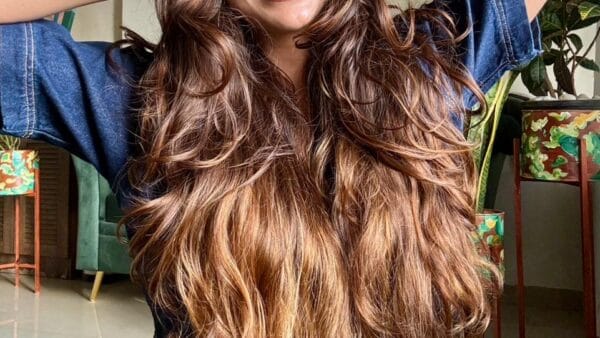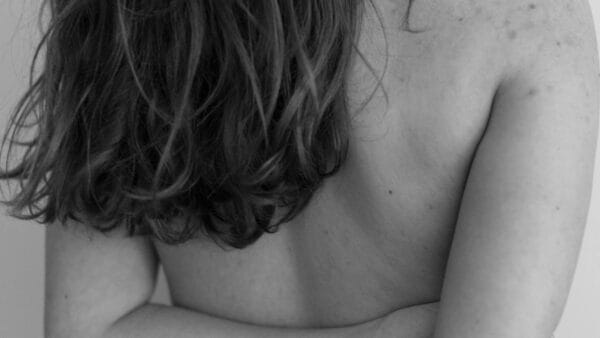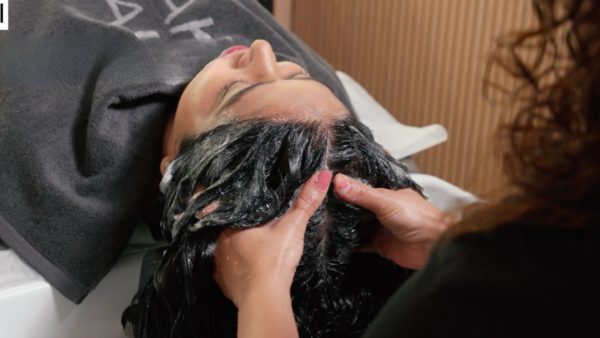Turmeric can stain the skin, the smell of fenugreek can linger and coconut oil can make a mess in your shower, but the ingredients all have redeeming qualities that make them beauty DIY must-haves. The same goes for onion juice, yoghurt and eggs. We asked a dermatologist for the best practices, should you want to co-opt them into your routine.
Onion juice
Onions are chock-full of sulphur, which helps to facilitate hair growth. “The sulphur from onions may also help promote collagen production. Collagen in turn helps the production of healthy skin cells and hair growth. Onion juice also helps boost blood circulation. The presence of antioxidants in onion juice may help to reverse premature greying of hair,” says dermatologist Dr Geetika Mittal Gupta, founder and medical director at ISAAC Luxe.
How to use: Take one to two peeled onions, cut them into pieces, and grind. Filter the juice using a muslin cloth. This will ensure that no onion chunks are left. Apply onion juice a cotton pad to the hair to avoid it from dripping all over (it can be too irritating for the face) and then massage it in. “Give your scalp a good massage with onion juice in circular motions. You can also add tea tree oil for dandruff,” advises Dr Gupta. Let it sit for an hour or so and then rinse it with a mild shampoo. “You can try this once a week for effective results,” she shares.
What to keep in mind: Make sure you perform a patch test using onion juice to avoid any allergic reaction on the skin. “Onion juice should not be used as a cure for hair loss conditions like alopecia or pattern baldness. It can help stimulate and protect the growth of current hair, but it’s not known to reverse any hair loss-related illness,” cautions Dr Gupta.
Yoghurt
Yoghurt has mildly astringent qualities, and its high quantities of zinc and lactic acid make it a great soothing ingredient. “Plus, natural lactic acid in yoghurt helps to dissolve the dry and dead skin cells on the scalp too,” says Dr Gupta. Not just superficially, a yoghurt pack also takes care of mild irritations and itching. “Probiotics present in yoghurt help to treat any fungal infection effectively and give relief from dandruff as well as other scalp conditions. The anti-inflammatory benefits of yoghurt help to soothe the irritation and inflammation of the scalp caused by dandruff and helps in reducing hair fall,” she adds.
How to: You can apply it directly and let it sit for 15 minutes before rinsing it out. Adding essential oils like lavender and rosemary can help counteract the strong smell while helping to battle dandruff in the process.
What to keep in mind: Due to its texture, yoghurt can get messy, even when massaged into the hair. For best results, apply the yoghurt mask to the roots of your dry hair and work it in along the lengths. Covering the hair with a shower cap can help curb the mess.
Eggs
Rich in lutein, eggs can provide hydration and elasticity to the hair while the high protein content can help to repair tissues, informs Dr Gupta. “The proteins in eggs can be used to soften the hair, and also to give it strength and shine. An egg mask restores damaged hair and speeds up hair growth. It also nurtures the hair and prevents further hair loss,” explains Dr Gupta.
How to: To make the most of your egg mask, Dr Gupta recommends combining eggs with honey and milk. “Milk and honey have super moisturising abilities. Eggs will provide the much-needed protein and nourishment to your hair. You can adjust the consistency according to your need by adding or reducing the amount of milk. Keep on for 30 minutes and wash it off.”
What to keep in mind: Washing off the egg with cool water is key, because hot water can actually begin to cook and congeal the eggs into the hair, which can be problematic to shampoo out, says Dr Gupta.





